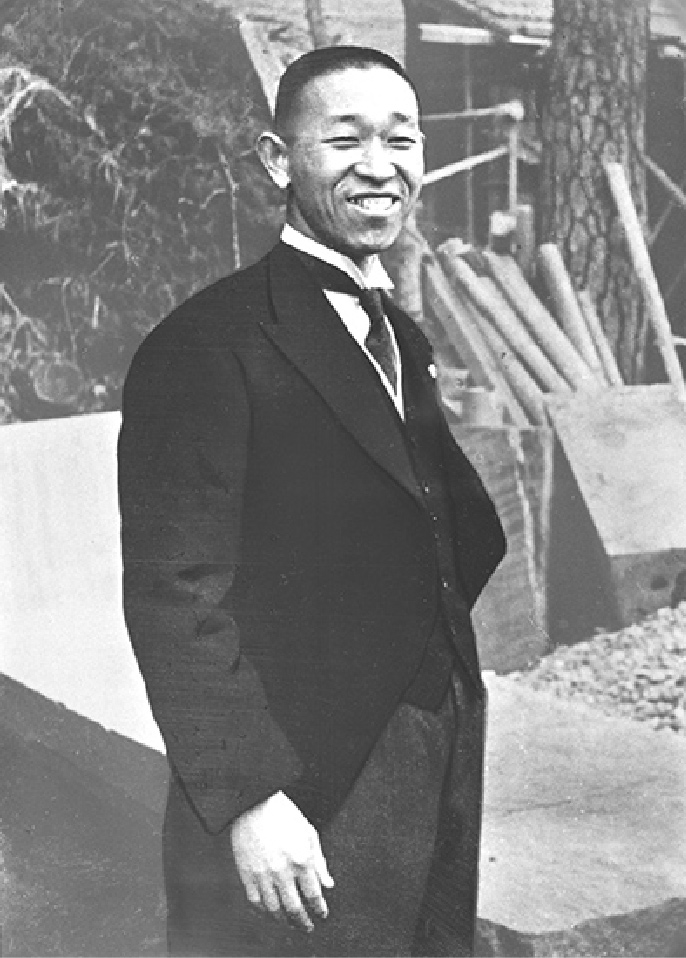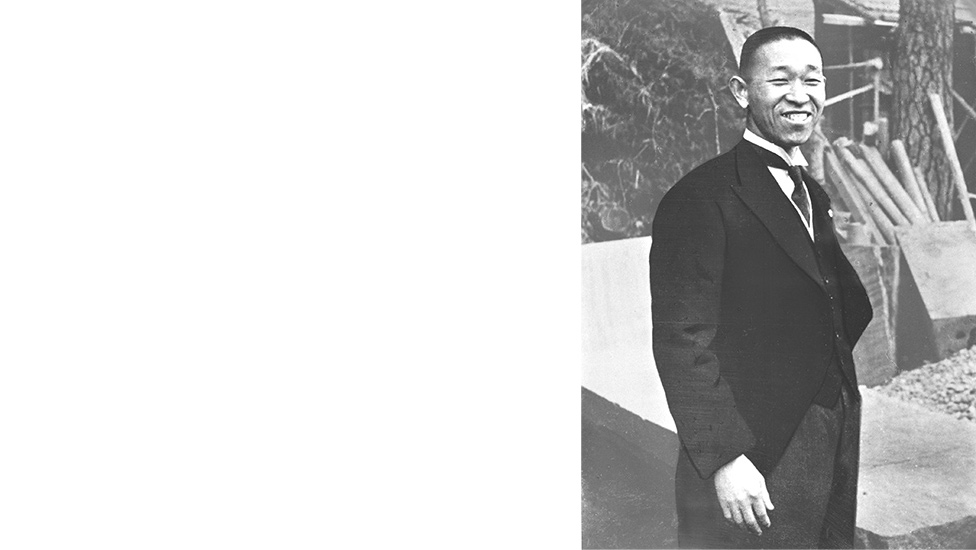
Willingness to Listen
It’s difficult to see your own weaknesses. Even when you’re aware of them, correcting your own shortcomings is also difficult. But if your flaws are pointed out by others repeatedly, they will gradually be remedied. Receiving constructive feedback from others depends on you. If you become angry or ill-tempered, you’ll never get direct feedback again and your growth will cease. Even if it hurts sometimes, we should have the willingness to listen to other’s feedback.
By Konosuke Matsushita, founder of Panasonic


Futurology
Now and then we encounter future studies or so-called futurology. But academics and people in leadership positions should define this discipline differently. For academics, it is the study of postulating probable futures based upon a systemic understanding of the past and the present. For those in leadership positions, it should be an ideal state in the future guided by their views on life and on the world. The role of people in leadership positions is not so much to predict the future, but rather to consider peoples' happiness in order to envisage an ideal society and think of the ways and means of creating that society. Today’s world sorely needs this type of futurology.
By Konosuke Matsushita, founder of Panasonic

Willingness to Listen
It’s difficult to see your own weaknesses. Even when you’re aware of them, correcting your own shortcomings is also difficult. But if your flaws are pointed out by others repeatedly, they will gradually be remedied. Receiving constructive feedback from others depends on you. If you become angry or ill-tempered, you’ll never get direct feedback again and your growth will cease. Even if it hurts sometimes, we should have the willingness to listen to other’s feedback.
By Konosuke Matsushita, founder of Panasonic


Futurology
Now and then we encounter future studies or so-called futurology. But academics and people in leadership positions should define this discipline differently. For academics, it is the study of postulating probable futures based upon a systemic understanding of the past and the present. For those in leadership positions, it should be an ideal state in the future guided by their views on life and on the world. The role of people in leadership positions is not so much to predict the future, but rather to consider peoples' happiness in order to envisage an ideal society and think of the ways and means of creating that society. Today’s world sorely needs this type of futurology.
By Konosuke Matsushita, founder of Panasonic
